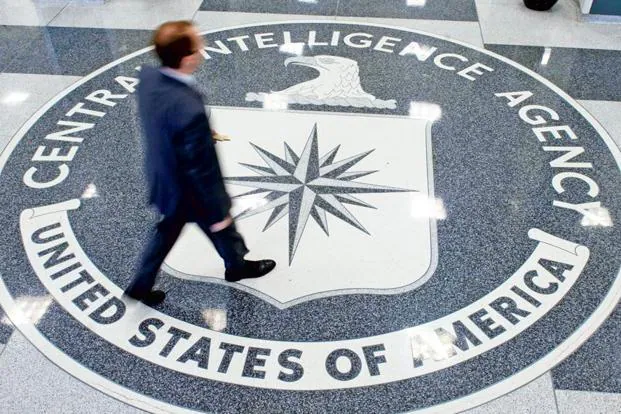
67. It was the beginning
While returning from his first visit to the US, Prime Minister Jawaharlal Nehru, in a message from the aircraft, told his sister, Vijayalakshmi Pandit, who was then the Indian ambassador to the US, that he found US President Harry Truman to be rather boorish.
The all-alert C.I.A. promptly intercepted this message and immediately placed it on the president’s desk.
It was the beginning. And Indo-US relations were never normal after that.
Remember, in the early 1940s, President Roosevelt noted that the British had milked India for too long, and it was time for them to leave.
The British Prime Minister at the time strongly objected to this comment and informed the president accordingly. Despite maintaining a good working relationship with Britain, Americans fully supported the Indian desire for independence from British rule.
When India finally became a free nation, Americans celebrated. However, relations started poorly, and the first Indian government did not invite them to participate in the nation-building process, which America wanted.
After World War II, the world was divided into two blocs, and most of the newly emerging countries gravitated toward the Soviet Union.
Our friendship with the Soviet Union proved that we chose a good ally, but we shouldn't have ignored the US the way we did.
The Soviet Union is no more. So-called democratic countries rejoiced. Gorbachev went down in history as a destroyer of the hopes and the momentum of a struggle that was the dream of workers all over the world.
Marx wrote in the Manifesto that the history of all existing societies so far is the history of class struggle. And communism is the idea that aims to erase this struggle.
His philosophy was a set of mathematically formulated concepts that needed to be used fully. You can either accept the ideology entirely or forget it altogether—no division and no fractional love.
Gorbachev's efforts to mix several elixirs in communism gave the required space, and the United States of America emerged victorious. Later, some of the tiny states crawled before the USA, and the Russians had a hearty laugh.
It reminds us of Kahlil Gibran. He wrote to Mary Haskell, his best friend and patron, on June 20, 1915, expressing his views on the dawn of the First World War: “Narrow nationalism would eventually breed a global awareness of collective national personality-not like body members but like family members-each different and separate-yet with the stamp and bond.”
History demonstrates that these positive prejudices have consistently faded over time. Meanwhile, the idea of global awareness remains an elusive goal; narrow nationalism continues to prevail and, sadly, is likely to persist.